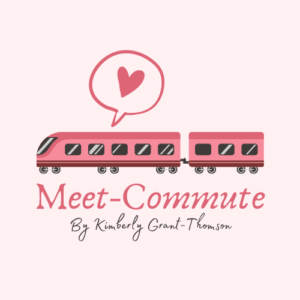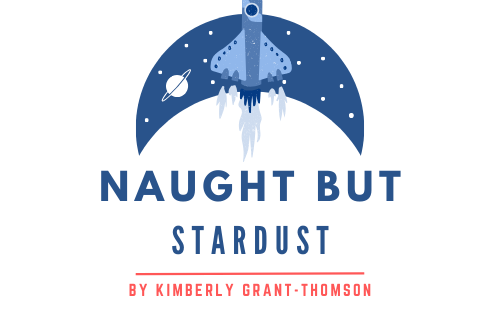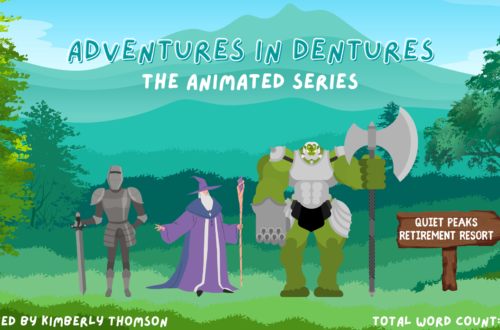Meet Commute

Trains are an incredible medium for storytelling. They are in constant motion but for flashes throughout their journeys, between one stop and the next, where we are held in moments of suspension. Worlds unfold in these bubbles. Though many of these stories may be of little consequence, we have all caught the eye of another passenger and wondered. Are they on their way to work or to a first date? What appears on a person’s phone to provide them with a moment of unbridled joy or heartache? Is this the beginning of someone’s journey, or the end?
I wanted Isla to be one of the people who could not resist the pull of interfering with the unfolding narratives. Caught between the romanticisms of her favourite novels and the analytical mind of someone who trusts in the power of numbers, she develops a system that she believes will produce an endless stream of happy endings for so many miserable commuters, who barely look up as the train chugs through from station to station.
It was important for me that Isla is a character who is guided by a hope in humanity that we often find lacking in our daily lives. Though described as a Rom-Com, I never wanted Isla’s story to end with guaranteed romance. This script was one of the hopes we can find in unexpected spaces, especially when we connect with our fellow humans. Given the nature the current pandemic, human connection often feels like human disconnection, and I wanted this story to alleviate those unhappy feelings and remind us that hope exists, even if it takes a little while to make its way to us.
When I had settled on this genre of hope and love, I wanted to ensure that it provided something that we find lacking in many mainstream romantic narratives: an LGBTQ+ lead. As a queer woman, I find that most of the storylines rely on a person’s queerness as a point of contention (such as Brokeback Mountain or even Booksmart). It is very rare for a character’s heterosexuality to be discussed at length and, with our access to a wealth of information on vast spectrum of sexuality and gender-identity, we should not need to explain every queer person’s preference for a character of the same sex or identity.

